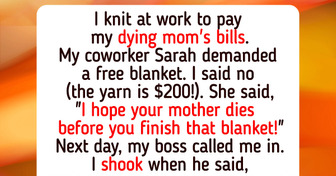You did great. This is why everything needs to be in writing. Your boss is a jerk.
My Boss Cheated Me About My Bonus, but I Had the Last Laugh
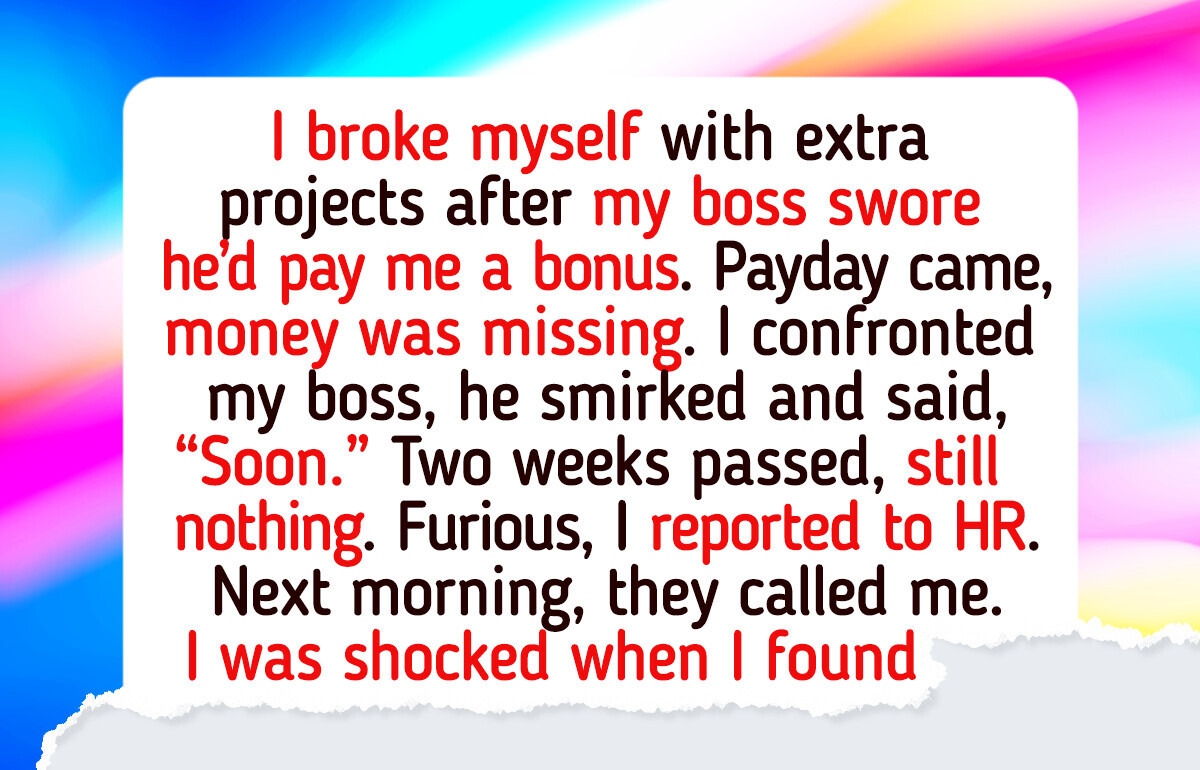
You ever work overtime on a promise of a generous reward, only to see your paycheck come up short? That was me. Weeks of “soon” later, HR called me in. What I discovered there wasn’t just disappointing, it made my blood boil.
Hi Bright Side,
I’m Vivienne, 32, and I’ve been in my field long enough to know when I’m being played. Still, this one threw me off.
A couple months back, my boss asked me to take on extra projects. It was a lot of work, but he promised a nice bonus if I delivered. I did everything on time, went above expectations, and honestly, I was proud of the results.
Payday came, and my check was short. No bonus. I asked him about it, and he just brushed it off with, “You’ll get it soon.” Two weeks went by, nothing. So I reported it to HR.
The next morning, they called me in, and that’s when I found out my boss had tried to send my promised bonus into some “department fund.” I didn’t yell or panic. I just sent HR a detailed email with all my hours, deadlines, and deliverables, making it very clear this was not optional.
Now HR says they’ll “look into it,” but I didn’t just sit around waiting. I made sure every email, every deadline, every project I handled was documented and CC’d to both HR and my boss’s boss.
Then I quietly shared the full breakdown of the “missing bonus” situation with the finance department—they confirmed my numbers matched their records perfectly. Suddenly, my boss started getting awkward calls from HR and finance asking for explanations, and his “department fund” story started falling apart.
It’s not dramatic, but it’s satisfying. He can’t redirect anyone’s money without getting caught, and now he’s under more scrutiny than ever. I’m still getting my bonus, plus a little extra for the hassle, and everyone knows exactly who tried to play dirty.
Have I crossed the line when I turned the tables on a boss who thought he could cheat me?
Bright Side readers delivered epic opinions in the comments section.
Here are some opinions from our community members, who just couldn’t pass by Vivienne’s explosive workplace drama:
- u/PixelCrafter42: Wow, reading this made my blood boil a little. I can’t believe some managers think they can just redirect bonuses like that. Glad you handled it calmly but firmly, Vivienne. That’s the kind of smart move most people don’t even think to do.
- u/LoneWolf_91: Honestly, I feel like you played it too safe. I would have gone full “I want my money, or I’m out” from the start. Sometimes letting them sweat is the only way they learn.
- u/tea4two77: I’m impressed you didn’t explode in the meeting. Documentation is your best weapon, always. I wish I had learned that sooner in my career.
- u/techie_girlX: This is exactly why I don’t trust management anymore. Even when you’re doing your absolute best, people will still try to take advantage. Congrats on getting your bonus eventually.
- u/NerdyNomad_88: Part of me thinks Vivienne should have quietly started looking for a new job anyway. I mean, a boss willing to do this once might try it again. Better safe than sorry.
- u/coffeeandcodes: I had a similar situation last year, and the difference is I panicked. You, Vivienne, handled it like a pro. Respect. It’s so satisfying when HR and finance get involved and your boss’s scheme collapses.
- u/skyline_2005: I don’t know, part of me thinks this story is a little too neat. In my experience, bosses rarely get consequences like this. Did you really have that much leverage, or was HR just feeling guilty?
- u/ArcticFox_73!: I love that you turned it into a lesson for everyone involved without losing your composure. There’s something deeply satisfying about a quiet, professional revenge that actually works.
Here’s a Bright Side take on Vivienne’s story:
Dear Vivienne,
Your experience isn’t just a case of a stolen bonus; it’s a lesson in the subtle power of professionalism. When most people face a boss trying to cheat them, panic or confrontation is the first reaction, you chose a different path. By calmly documenting everything, using the right channels, and letting facts speak louder than emotion, you didn’t just protect yourself, you created a system where dishonesty couldn’t hide.
Your story is precious, because it shows something important: authority doesn’t always come from your title or position, it comes from control over information and accountability. Your “revenge” wasn’t personal or dramatic; it was structural. You turned your meticulous work and integrity into leverage, forcing the system to respond correctly.
The bigger lesson? In toxic work environments, staying composed and methodical can sometimes be more powerful than yelling or quitting. And quietly setting boundaries can create consequences for those who underestimate professionalism, without ever sacrificing your own reputation.
Many of us have had that moment at work where enough is enough. One reader told us how she refused to keep working late for free — a simple boundary that turned into a full-blown conflict. Instead of respecting her, her boss decided to make it personal.
Comments
Related Reads
I Refuse to Keep Working for Half What My Boss Earns
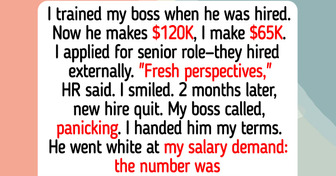
12 Acts of Kindness That Circled Back in Shocking Ways

20+ Moments That Prove Happiness Is Not About the Big Things

15 Moments That Prove Kindness and Compassion Are the Only Currencies That Never Lose Their Value

13 Stories of Quiet Kindness That Show Superhuman Strength in Ordinary People

10 Moments That Prove Kindness Is the Force That Keeps Us Going
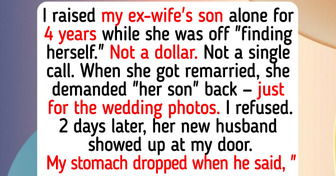
I Refused to Help My Homeless Mom After She Spent All My Inheritance on My Sick Sister

15 Stories That Inspire Us to Stay Kind Even When Life Feels Unfair

14 Dates That Started Like Movies but Ended Like Sitcoms

I Refused to Pay for Our Valentine’s Dinner—Then I Learned the Heartbreaking Truth

12 Moment That Show Kindness Is the Glue That Keeps the World From Breaking Apart
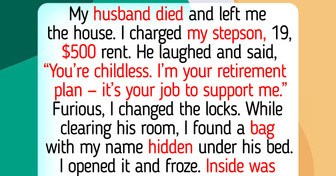
I Refused to Knit My Coworker a Free Blanket, and Now HR Is Involved
